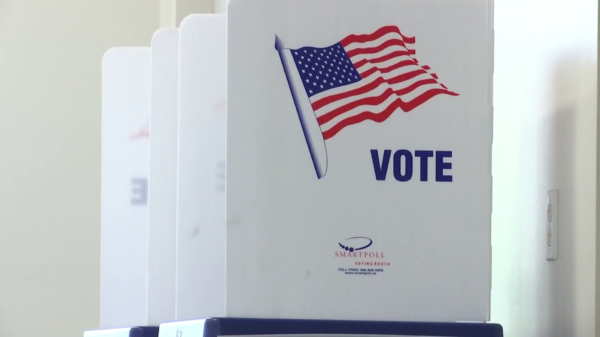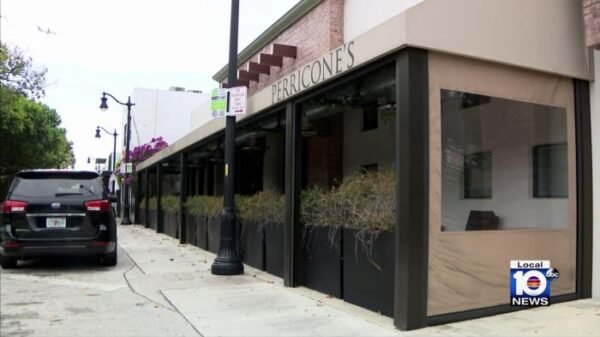Florida’s recent “Don’t Say They” bill has gained attention and sparked discussion among activists and educators. The bill aims to restrict teachers from discussing topics related to gender identity in classrooms, prohibiting them from acknowledging or validating the experiences of transgender and non-binary students. Supporters of the bill argue that it is necessary to maintain a traditional view of gender, while opponents argue that it is discriminatory and promotes harms against LGBTQ+ individuals. This article will examine the impact of the bill on students and the broader community.
Introduction
Florida’s “Don’t Say They” bill was recently passed by the Florida legislature and signed into law by Governor Ron DeSantis. The bill is designed to protect the rights of parents to make educational and medical decisions for their children without government interference. It prohibits public schools and government agencies from teaching critical race theory and requires that they provide parents with timely notice of curriculum changes. In this article, we will delve into the details of the “Don’t Say They” bill and explore its potential impact on education in Florida.
What is the “Don’t Say They” Bill?
The “Don’t Say They” bill, also known as the “Parents’ Bill of Rights,” is a law recently passed in Florida that gives parents more control over their children’s education and medical decisions. The bill specifies that parents have the right to direct the upbringing, education, and care of their children without interference from the government or public schools. This includes the right to refuse to have their children participate in programs, tests, and surveys that conflict with their religious beliefs or moral values.
The bill also prohibits public schools and government agencies from teaching critical race theory, a controversial academic concept that focuses on systemic racism and white privilege. Supporters of the bill argue that critical race theory is divisive and teaches children to view the world through the lens of race, rather than as individuals. Critics, however, claim that the bill is an attack on free speech and an attempt to silence discussions about race and racism.
What Does the “Don’t Say They” Bill Mean for Education in Florida?
The “Don’t Say They” bill has several implications for education in Florida. First, the bill requires public schools to provide parents with timely notice of any curriculum changes, including changes related to sex education, LGBTQ issues, or religion. This means that parents will have the opportunity to review and opt their children out of any courses or programs they deem inappropriate or objectionable.
Second, the bill prohibits public schools from promoting specific political ideologies, including critical race theory, socialism, and communism. This means that teachers cannot promote these concepts in the classroom or use course materials that promote them. However, the bill does not prevent teachers from discussing these concepts in an objective and neutral manner.
Finally, the “Don’t Say They” bill creates a private cause of action for parents who believe that their children’s rights have been violated by public schools or government agencies. This means that parents can sue public schools or government agencies for damages if they believe that their children have been subjected to curriculum or policies that violate their rights under the bill.
Conclusion
In conclusion, the “Don’t Say They” bill is a controversial law that has raised concerns about censorship, free speech, and the role of government in education. While supporters of the bill argue that it protects parental rights and promotes academic freedom, critics claim that it is an attempt to silence discussions about race and racism. Ultimately, the impact of the bill on education in Florida will depend on how it is implemented and enforced. However, it is clear that the bill represents a significant shift in the relationship between parents, schools, and the government.




































